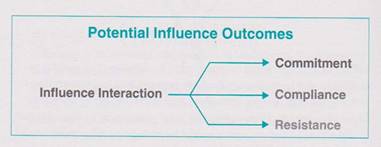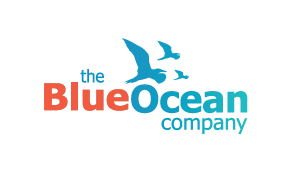“My aspiration is to develop the attitude and skills of my Pan-European HR Team so that they can support our organisation’s new strategic focus – from product-focus to client-focus.
Speed to market is now a key factor for our success. If our HR Team becomes more skilled at speed to market, we will be able to contribute directly to the organisation’s impact on clients. I already organised a two-day team “change” workshop which was obviously only one step to transformation. How do I get our team not only to accept change, but to start working differently?
– HR Director, Financial Services
Moving from Organisational Compliance to Personal Commitment
Many organisations want their employees to be more empowered and entrepreneurial. It’s a major shift that requires people to let go of the comfort of just following top-down instructions. It’s a quantum leap in personal development that won’t happen overnight.
 Change is uncomfortable, to say the least. What seems to be useful in these types of situations is to find ways to move from resistance towards commitment (from CCL’s ‘Influence’ Guidebook):
Change is uncomfortable, to say the least. What seems to be useful in these types of situations is to find ways to move from resistance towards commitment (from CCL’s ‘Influence’ Guidebook):
Research shows that trying to convince our teams to do something differently by sharing our point of view generates more resistance than helping people to reach their own conclusion.
Helping people to reach their own conclusion requires making time for reflection, and guiding their reflection process through asking them powerful questions, helping them see important factors they previously had not factored in. In others words, a coaching approach to encourage reflection and solution co-creation. Provide a holistic approach that taps into the head (logic: provide the rationale behind the desired change), the heart (emotions: share personal stories) and the hands (action: provide guidance into the ‘how’).
We recommend to focus first on helping the team to realise the ‘why’ of the new culture and the ‘what’s in it for me’. Then, and only then, can we start working on developing new attitudes, behaviours and skills. The leader of such a project should lead from the back, coaching and supporting through developmental feedback and sharing all necessary information in total transparency in order for the team to know what to do, how to do it and to feel safe and supported in taking risks.
And last but not least: make it very explicit that you don’t want your team to change everything they do. This is too much of a stretch – and probably not even necessary. Identify those attitudes, behaviours and skills they already embody and that support the new organisational strategy. Find ways to replicate these where they are lacking in the rest of the team. Get the team members involved in teaching and supporting each other. They will be much more motivated to pick up the challenge and start to work differently.
Serious about making this shift in your team or organisation? Email us to set up an introductory chat.
